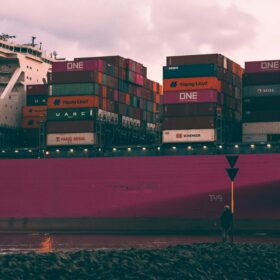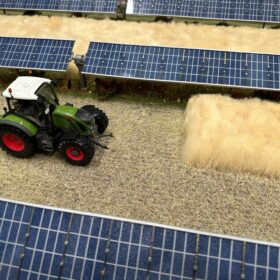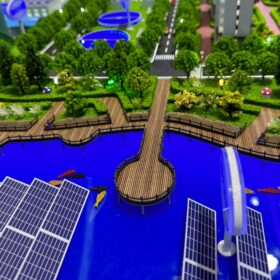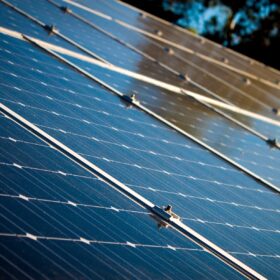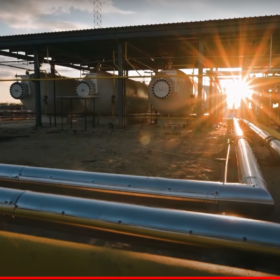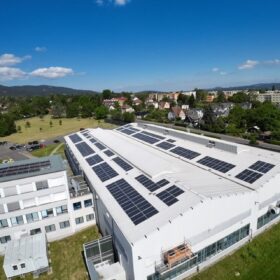US bans five Chinese PV firms under Uyghur Forced Labor Prevention Act
Under the Uyghur Forced Labor Prevention Act (UFLPA), the US authorities have banned five Chinese companies from providing products and services in the United States.
Czechia approves new laws for agrivoltaics
The Czech government has approved new legislation for agrivoltaics. The measures extend the amount of crop types that agrivoltaics can be deployed on and defines two categories of permissible agrivoltaic systems.
Czech parliament backs plan to retroactively cut solar feed-in-tariffs
The Czech lower house of parliament has approved plans to retroactively cut feed-in-tariffs (FIT) for solar projects built between 2009 and 2010. The local solar sector has continued to criticize the planned law changes, which still need approval from the upper house.
Czech electricity grid to get €400 million upgrade
The European Investment Bank (EIB) has granted a €400 million ($420 million) loan to Czech utility ČEZ to upgrade and expand Czechia’s electricity distribution grid. The upgrades are expected to help absorb up to 5.5 GW of new renewable capacity.
Czechia planning retroactive cuts to feed-in tariffs for PV systems
The Czech government is trying to retroactively reduce feed-in tariffs (FITs) granted for PV projects between 2006 and 2013. The local solar sector has criticized the move, claiming that it could incite panic among investors.
Assessing floating PV costs across Europe
Researchers have analyzed the viability of floating PV in terms of net present value, internal rate of return, and LCOE. They included 25 European countries in their work, including Germany, the United Kingdom, Spain, and Italy.
KGAL impact fund acquires first solar project in Czechia
KGAL’s latest green energy fund is acquiring its first solar asset in Czechia. The investment and asset manager says the 50 MW plant is due to connect to the grid in 2025.
The Hydrogen Stream: Clean ammonia supplies set to soar, says BNEF
BloombergNEF says clean ammonia supplies could expand by 30 times to 32 million tons by 2030, while MAX Power Mining has roughly tripled the size of its Rider Natural Hydrogen Project in western Canada.
Czechia installs 484 MW of solar in H1
Czechia’s Solární Asociace says that the country installed 484 MW of solar in the first half of this year, nearly matching the 487 MW added in the same first six months of 2023. It notes that the residential PV market has cooled, but the corporate segment has grown.
Woodburn Capital, Magna Exteriors sign 15-year solar PPA in Czechia
Magna Exteriors and Woodburn Capital Partners have signed a 15-year solar power purchase agreement (PPA) in Czechia. The agreement covers energy generated on-site at a 2.4 MW solar plant located at Magna Exteriors’ site in the northwestern part of the country.
